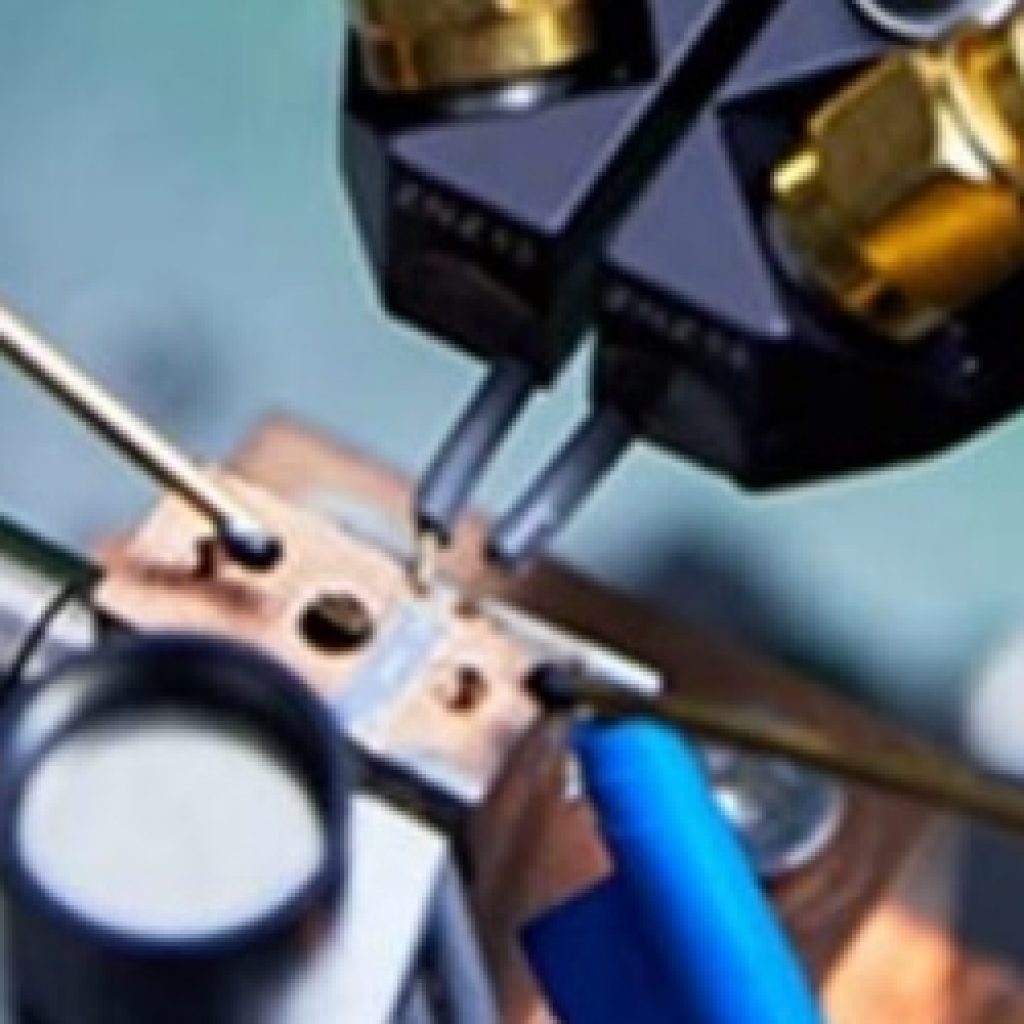(Phys.org) Toshiba Europe Ltd today announced it has developed the world’s first chip-based quantum key distribution (QKD) system. This advance will enable the mass manufacture of quantum security technology, bringing its application to a much wider range of scenarios including to Internet of Things (IoT) solutions.
QKD addresses the demand for cryptography which will remain secure from attack by the supercomputers of tomorrow. In particular, a large-scale quantum computer will be able to efficiently solve the difficult mathematical problems that are the basis of the public key cryptography widely used today for secure communications and e-commerce. In contrast, the protocols used for quantum cryptography can be proven secure from first principles and will not be vulnerable to attack by a quantum computer, or indeed any computer in the future.
Toshiba has developed techniques for shrinking the optical circuits used for QKD and QRNG into tiny semiconductor chips. These are not only much smaller and lighter than their fiber optic counterparts, but also consume less power. Most significantly, many can be fabricated in parallel on the same semiconductor wafer using standard techniques used within the semiconductor industry, allowing them to be manufactured in much larger numbers. For example, the quantum transmitter chips developed by Toshiba measure just 2x6mm, allowing several hundred chips to be produced simultaneously on a wafer.
Shrinking Quantum Key Distribution Technology to a Semiconductor Chip
